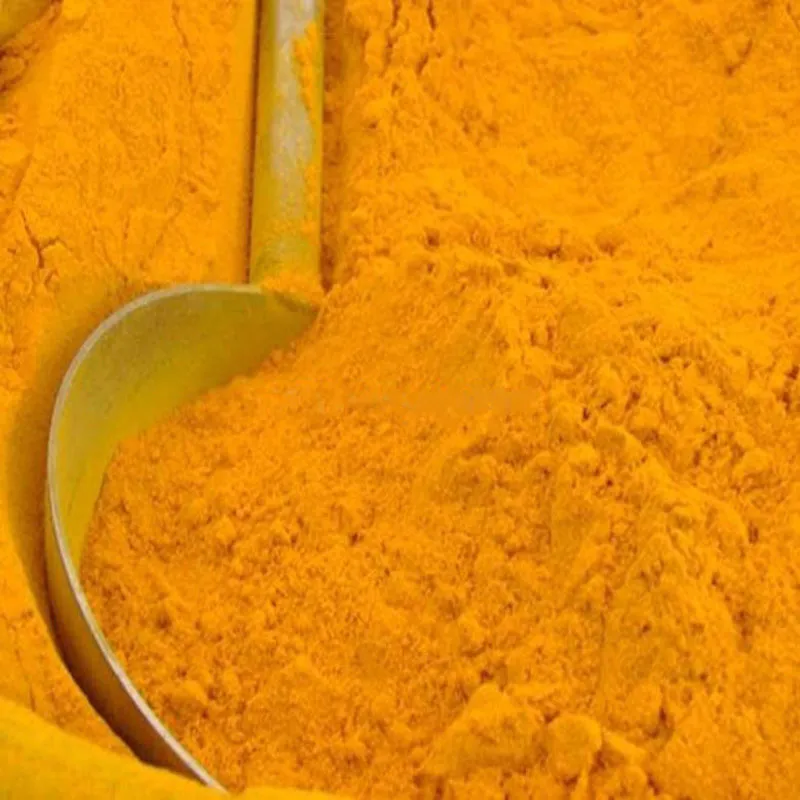- အမှတ် ၂၆၈ Xianghe လမ်း၊ Xingtai မြို့၏ စီးပွားရေးဖွံ့ဖြိုးတိုးတက်မှုဇုန်၊ Hebei 054001 တရုတ်နိုင်ငံ၊
- Byron@hbhongri.cn
The Power of Turmeric Extract: A Natural Solution for Wellness
Turmeric, the vibrant golden spice long revered in Ayurvedic and traditional Chinese medicine, is gaining remarkable attention across global health and nutrition sectors. More than just a culinary staple, turmeric has become a symbol of natural healing and functional nutrition, largely thanks to its active component—curcumin. Today, innovations in extraction technology have made highly potent and pure forms of turmeric extract available to consumers and manufacturers alike. Products like turmeric standardized extract နှင့် turmeric root extract offer concentrated benefits, meeting the increasing demand for high-quality, plant-based wellness solutions.

As more health-conscious consumers turn to natural supplements, root turmeric extract stands out for its anti-inflammatory, antioxidant, and immune-boosting properties. This article explores how these extracts are made, their benefits, and why they are central to the modern nutraceutical market.
What Is Turmeric Extract and Why Standardization Matters
Turmeric extract is derived from the rhizome of the Curcuma longa plant. Unlike ground turmeric powder, the extract is carefully processed to concentrate its most bioactive compounds, especially curcumin. This makes it a more potent and reliable ingredient for therapeutic use.
Turmeric standardized extract refers to an extract that contains a fixed percentage of curcuminoids, typically 95%. This level of consistency ensures efficacy and allows supplement manufacturers to deliver predictable results to consumers. Whether used in capsules, tinctures, or functional foods, standardized extracts are the gold standard in the health industry.
The Nutritional Profile of Turmeric Root Extract
Turmeric root extract is valued not only for curcumin but also for a range of other bioactive compounds such as turmerone, zingiberene, and essential oils. These additional components work synergistically to enhance the extract's overall health benefits.
Many natural health practitioners prefer turmeric root extract over synthetic alternatives because it represents the full spectrum of turmeric’s healing potential. It is commonly used in products aimed at reducing inflammation, easing joint pain, improving digestion, and supporting cardiovascular health.
From Root to Remedy: How Root Turmeric Extract Is Made
Producing high-quality root turmeric extract begins with carefully selected turmeric rhizomes. These are washed, dried, and milled into powder before undergoing extraction using solvents like ethanol or supercritical CO₂. This process isolates curcuminoids and other beneficial phytochemicals.
After extraction, the resulting compound is purified and concentrated. When the final product is labeled as turmeric standardized extract, it assures the user of consistent potency. Advanced formulations may also include bioavailability enhancers like piperine (from black pepper) to maximize absorption in the body.
Applications of Turmeric Extract in the Health Industry
The use of turmeric extract spans a wide range of industries including dietary supplements, functional beverages, skincare products, and even veterinary medicine. Due to its potent antioxidant and anti-inflammatory effects, it is frequently included in formulations for joint health, brain function, and immune support.
In topical applications, turmeric extract is valued for its antibacterial and skin-brightening properties, making it a popular ingredient in natural cosmetics and anti-aging creams. Its versatility has also led to innovations such as turmeric-infused teas, gummies, and sports recovery drinks.
Meeting the Growing Demand for Natural Wellness Ingredients
With consumers shifting toward holistic wellness and clean-label ingredients, the market for turmeric root extract continues to expand. Manufacturers are now sourcing turmeric standardized extract in bulk to meet demand across North America, Europe, and Asia.
What sets a premium turmeric extract apart is not just its curcumin content, but also the method of extraction, the quality of the raw turmeric root, and the absence of fillers or synthetic additives. As regulatory standards for nutraceuticals tighten, the importance of certified, traceable, and efficacious turmeric ingredients becomes even more critical.
Turmeric Extract FAQs
What is turmeric standardized extract and why is it better than raw turmeric powder?
Turmeric standardized extract contains a consistent concentration of curcuminoids, making it more potent and predictable than raw turmeric powder for health applications.
How is turmeric root extract different from turmeric essential oil?
Turmeric root extract focuses on curcuminoids and related compounds, while turmeric essential oil primarily contains aromatic compounds like turmerones.
Is turmeric extract safe for daily use as a supplement?
Yes, turmeric extract is generally safe when used as directed, though high doses should be taken under professional guidance, especially if combined with medications.
What are the benefits of root turmeric extract for joint health?
Root turmeric extract has anti-inflammatory properties that may help reduce joint pain and stiffness associated with arthritis and other conditions.
Can turmeric standardized extract be used in skincare products?
Absolutely. Turmeric standardized extract is used in cosmetics for its anti-inflammatory, antibacterial, and skin-brightening effects.
-
Capsicum frutescens oleoresin – High Purity, Food Gradeသတင်းNov.17,2025
-
Capsicum Frutescens Oleoresin – Natural Heat & Flavorသတင်းNov.17,2025
-
Peppereka Powder – Fresh, Vibrant Color & Sweet Aromaသတင်းNov.17,2025
-
Paprika Oleoresin | Natural Red Color, Heat & Flavor Boostသတင်းNov.17,2025
-
Pure Turmeric Extract 95% Curcumin | Potent, Lab-Testedသတင်းNov.17,2025
-
Red Papper Pods – Premium Sun-Dried, Bold Heat & Aromaသတင်းNov.10,2025







